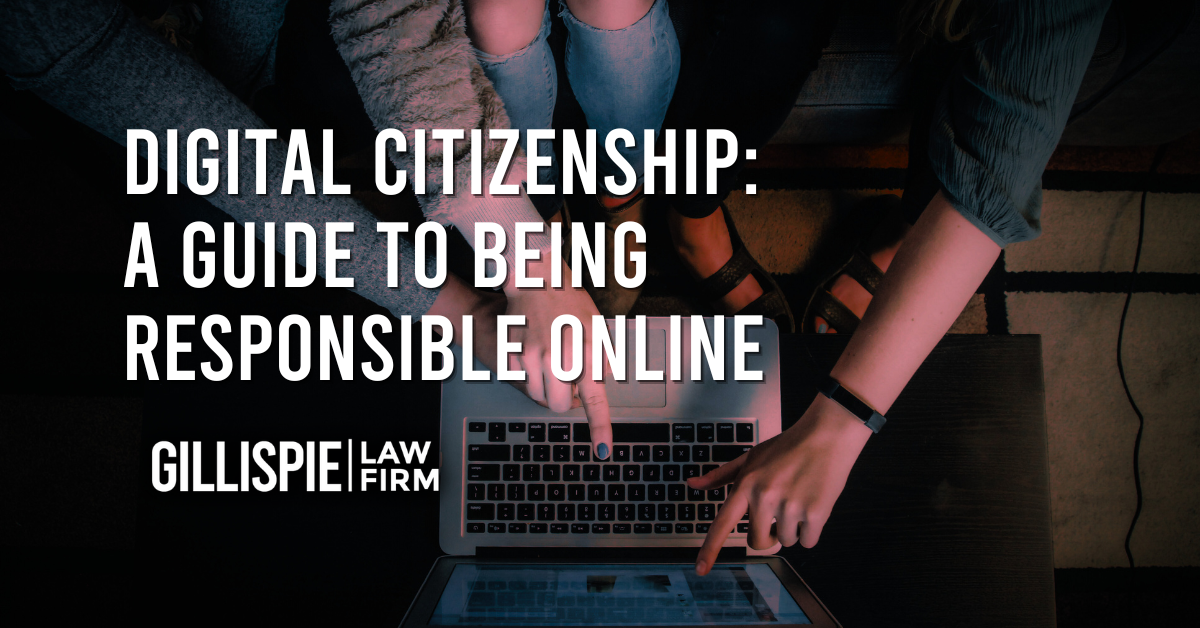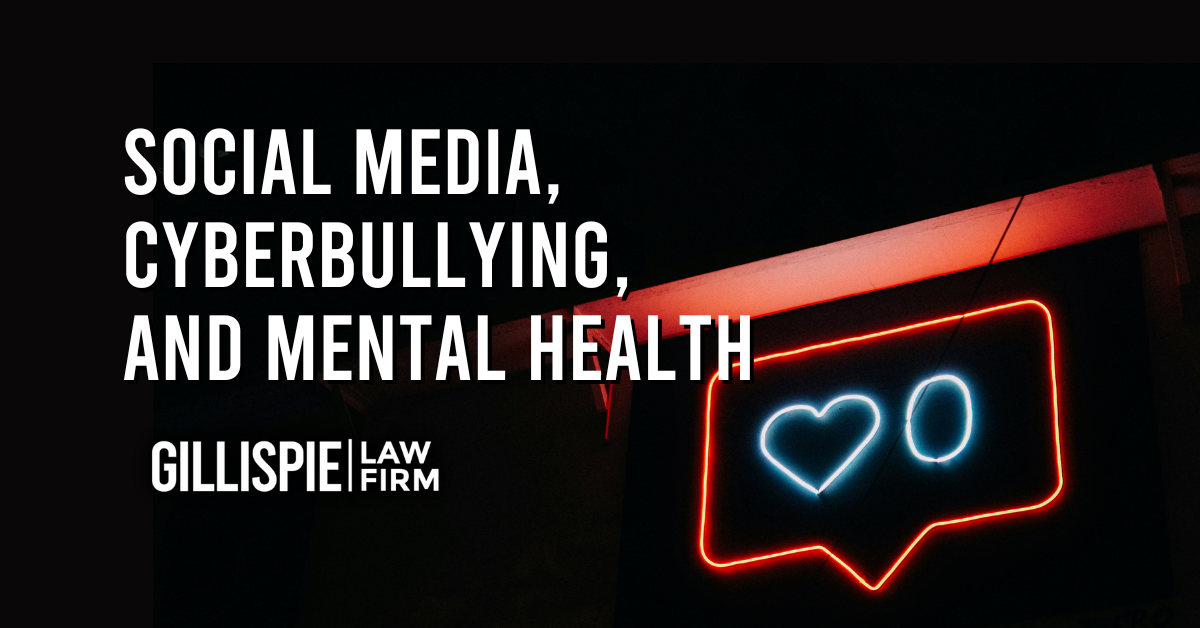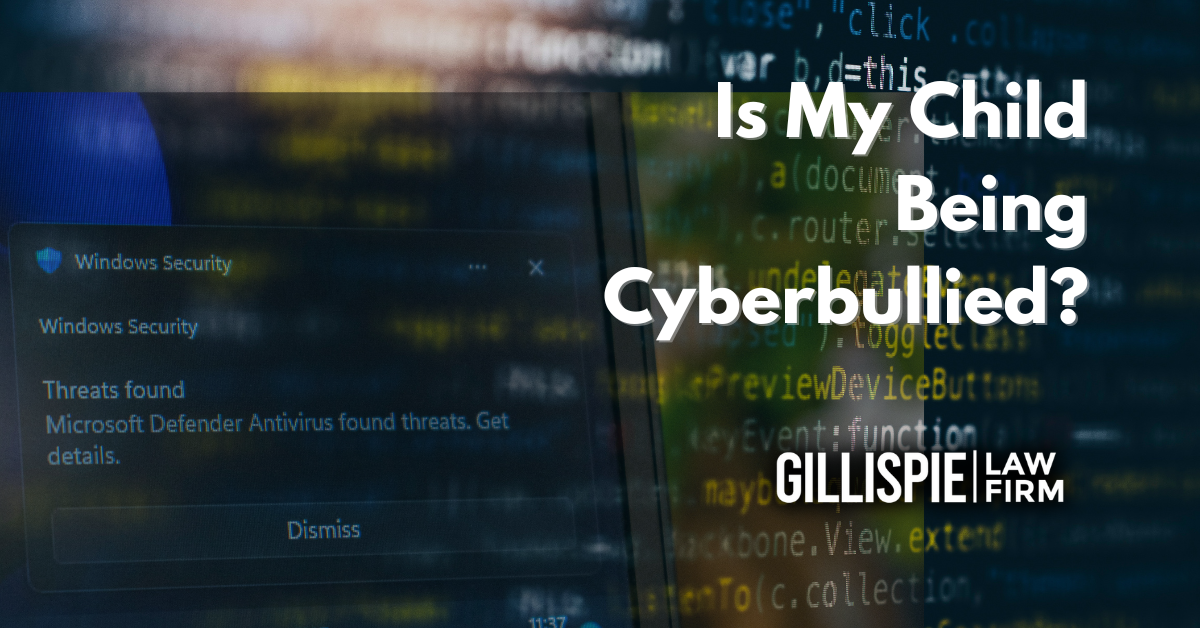How to Support a Child Who Discloses Abuse: Tips and Guidance
Supporting a child who has been abused can be an incredibly emotional and challenging experience for parents. Not only is your child trying to process the event, but, as a result, you may also be experiencing a range of emotions. During this time your child will be relying on you and your guidance to process and heal. You are their rock, their advocate, and it is a lot of responsibility. To help you navigate the unknown and potentially complicated path ahead, we’ve provided a brief road map below.
Believe Them
One of the most important things you can do when your child discloses abuse is to believe them. Abused children are often told no one would believe them, leading to fear of speaking out. By showing your trust, you provide a safe and validating space for your child. According to the Crimes Against Children Research Center, 1 in 5 girls and 1 in 20 boys are victims of child sexual abuse and many cases go unreported. If your child has opened up about a potentially abusive situation, they need to feel safe and that they can trust you above all else.
Reassure Them
Let your child know that they have done the right thing by sharing their experience with you. Emphasize that they are not in trouble for disclosing the abuse. That this is not their fault. Let them know that it is okay to cry or be angry about what happened. Reassurance is vital in helping your child feel supported and understood during this difficult time. Provide a space for them to speak freely and allow them to find their words to explain what happened. There is no need to rush them through the events as your child may become overwhelmed. They may feel ashamed and embarrassed by it (according to The Office of National Statistics in the UK, it is the most common factor in unreported abuse (53-58% of the time)).
Provide Education
Educate your child about what will happen next. Explain that responsible adults will take care of the situation and that their safety is a top priority. Let them know that, in due time, they may have to tell other adults what happened. Be cautious not to make promises you cannot keep, such as keeping the situation completely secret. Remind your child that you are there for them if they need to talk about it more, but do not force them to revisit the abuse. Every child is going to deal with the fallout of sexual or non-sexual abuse. It may be in their best interest to have them work with a therapist.
Act Protectively
Take immediate steps to ensure the safety of your child and any other children who may be at risk of abuse. Contact the Arkansas Department of Human Services, the Child Abuse Hotline, 1-844-SAVE-A-CHILD (1-844-728-3224), and/or your local police to ensure that the necessary reports are made. Taking your child to the hospital or their doctor so that the abuse can be documented by a medical professional is also important. Any contact between you and the abuser needs to be preserved, whether it is text messages, emails, voicemails, or letters. If you choose to take civil recourse hiring a skilled and compassionate attorney, like those at Gillispie Law Firm, can also help you navigate any legal obstacles you may be facing.
Seek Support for Yourself
Specialist services are available to support children and their families who have experienced abuse or neglect. As a parent, you need to remain calm and composed to provide the best support for your child. You may feel angry or heartbroken. While your feelings are valid, it is crucial that you manage and navigate your reactions and feelings in a way that doesn’t affect your child. They are looking up to you for guidance. However, there are things you can do for yourself to help yourself heal. Keep a journal of your feelings and healing progress. Practice your version of self-care. It may also be helpful to seek out counseling for yourself. One on one counselling can provide a safe space for you to focus solely on yourself and your healing.
When you are supporting a child who has disclosed their abuse, their well-being becomes the top priority. It’s crucial to make them feel safe, heard, and believed, and to provide them with the resources they need to heal and move forward.



